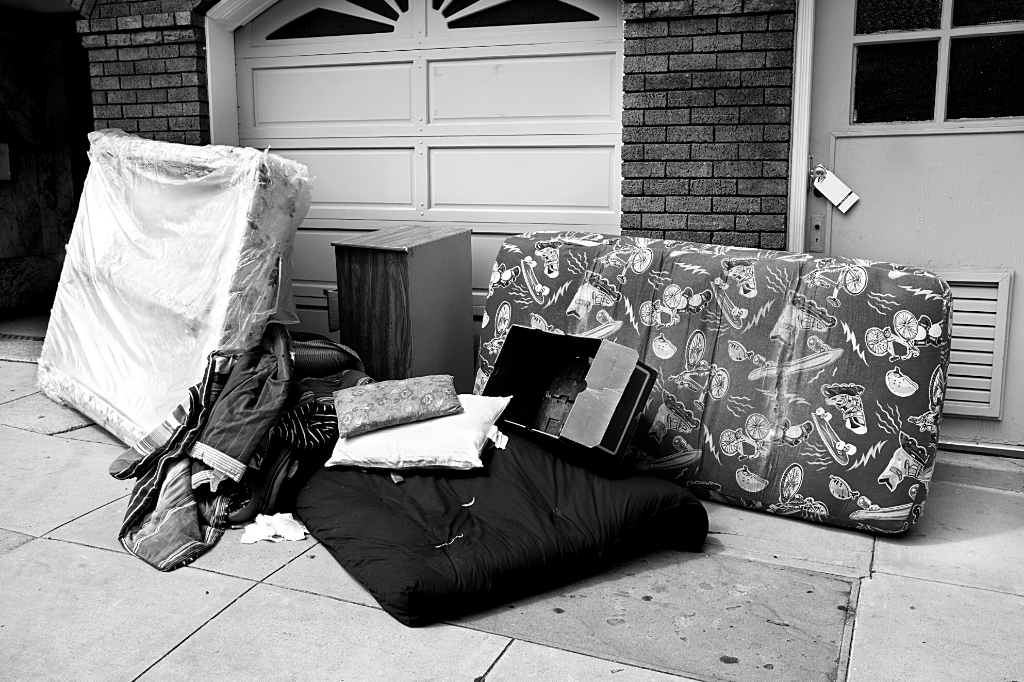What does that mean for renters?
The Centers for Disease Control (CDC) eviction moratorium prohibited landlords from evicting renters because they could not pay their rent. But as the CDC eviction moratorium ends on December 31, 2020, many tenants are left wondering what to do next. This blog post will answer tenants’ questions about their rights after the CDC eviction moratorium ends.
How do I know if I am covered by the CDC eviction moratorium?
The CDC eviction moratorium covers tenants who are unable to pay full rent, are making their best effort to pay part of the rent, are making their best effort to obtain government assistance for rent and housing, meet income requirements, and have no other available housing. If you are eligible, you must sign a declaration and give a copy to your landlord. Read our earlier blog post on the CDC eviction moratorium to learn more.
I am covered by the CDC eviction moratorium and gave my landlord a declaration. Do I still owe rent and late fees?
Yes. The eviction moratorium didn’t “cancel” rent. If you did not pay your rent, you still owe that amount to your landlord. A landlord is also allowed to charge you late fees or other charges for non-payment of rent.
I am covered by the CDC eviction moratorium and gave my landlord a declaration. My landlord says that I have to leave before December 31, 2020. Do I have to leave?
The CDC prohibits any action by a landlord, owner, or other person to remove a covered tenant from the property for non-payment of rent before December 31, 2020. This includes legal attempts to evict a tenant, such as filing an eviction, and illegal attempts to evict a tenant, such as locking out a tenant or shutting off utilities.
You should contact a lawyer immediately for legal advice if your landlord is trying to force you to leave before December 31, 2020. Information on free legal advice and representation is below.
My landlord says that they will lock me out after December 31, 2020. Can they lock me out?
A landlord can never force you out of your home by locking you out or turning off your utilities. A landlord has to follow the legal process of eviction, including serving you with a notice of non-payment and a summons with the date, time, and place of a hearing. If your landlord has threatened to lock you out, you should contact a lawyer immediately. Information on free legal advice and representation is below.
My landlord filed an eviction, but the case did not go forward because of the CDC eviction moratorium. What will happen next?
If your eviction case did not go forward, it may have been either continued or dismissed. If your eviction case was continued, that means it was paused until it could be rescheduled once the moratorium ends. You should receive a notice of a new hearing date by mail. If your eviction case was dismissed, your landlord may file a new eviction case and you will receive a court summons with a hearing date.
It is very important that you go to your hearing date. If you do not go to your hearing date, the judge will issue a “default” eviction judgment against you without considering your side of the story. The landlord can then remove you from your home 48 hours after the hearing. At your hearing the judge may also order you to pay money to your landlord, and you will not be able to challenge the order or the amount after the hearing.
You may be entitled to a free lawyer for your eviction hearing. If you have received a notice or a summons from your landlord, you should contact a lawyer immediately. Information on free legal advice and representation is below.
I received rental assistance that paid my back rent, but don’t know if I will be able to pay my rent in January. What should I do?
After the CDC eviction moratorium ends on December 31, 2020, your landlord will be able to file an eviction if you do not pay your rent in January. Below are some resources available to help.
- Legal Advice and Representation – If you do not pay your rent, then your landlord might file an eviction. It is very important you speak with a lawyer as soon as possible if your landlord has threatened to evict you. A lawyer can advise you on your rights, your landlord’s obligations, and provide you with representation in a hearing. To find out if you qualify for free legal help, call 2-1-1 or visit www.oklegalconnect.org.
- Rental Assistance – Rental assistance may be available to help you pay your rent. To find out about rental assistance, you should call 2-1-1 to find out what programs you qualify for. You can apply for rental assistance online at csctulsa.org/housing-assistance.
- Mediation – The Early Settlement Mediation Program provides free mediation to resolve concerns between tenants and landlords, including non-payment of rent. Mediation is a meeting between you and your landlord with a neutral third party to resolve your concerns and come to a long-lasting agreement that benefits both you and your landlord. For example, a mediator can help you and your landlord come up with a repayment plan to help you catch up on any unpaid rent while remaining in your home. The mediators at Early Settlement Mediation Program are professionally trained and certified by the Oklahoma Supreme Court. The Early Settlement Mediation Program has in-person and virtual mediation options. Tenants are encouraged to apply to this free program as soon as the dispute develops. You don’t need to wait for a missed rent payment or for an eviction to be filed. To apply for free mediation, call 918-596-7786 complete the intake form and email it to susan.johnson@tulsacounty.org.





